I graduated from the Faculty of Literature at Hue University of Education in the mid-1980s. In nearly 10 years of teaching, I have never had a single extra teaching session.
Why did teachers sometimes give fewer extra lessons?
Back then, I didn't offer extra tutoring for several reasons. Teaching in the mountainous region of Dak Lak province, most of the students were children from families who had moved to new economic zones or migrated freely from provinces like Quang Nam-Da Nang, Thai Binh , and Cao Bang… so how could they afford extra tutoring? Moreover, even if teachers offered extra classes to improve their knowledge and boost their confidence for exams, the students wouldn't have the time because they had to work to help their families.
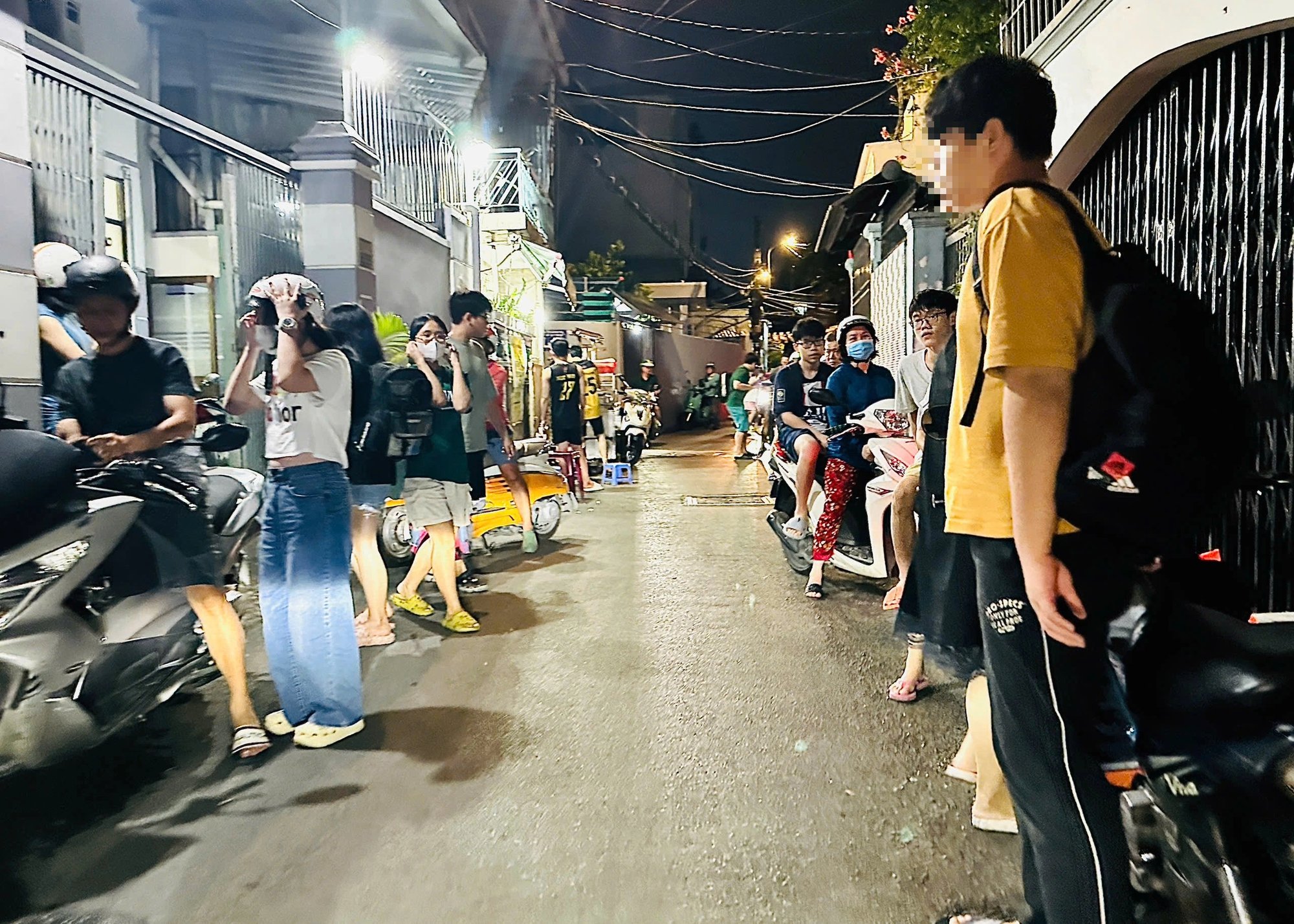
Currently, tutoring and supplementary classes must comply with the regulations in Circular 29.
From the parents' perspective, many families at that time viewed sending their children to school as a way to "acquire knowledge," hoping that after passing exams, their children would have a chance to change their lives. Consequently, due to living conditions, the viewpoints of many parents varied greatly: Firstly, some families focused on encouraging their children to study hard, dedicating time to their studies and diligently nurturing their aspirations; secondly, some families sent their children to school in a "take it or leave it" manner, learning whatever they could, believing that "even if they didn't succeed, they would still become decent people."
Among the 14 graduating education students who went to teach at that school in the highlands, we often encouraged each other to provide free tutoring. Sometimes it was during class time, other times it was discussing lessons before and after school. If a student needed it, we'd team up in groups to go to the teachers' common rooms for extra instruction. Usually, this was a request from homeroom teachers wanting their students to improve, or perhaps from individual students who didn't understand the lesson and needed extra support. This tutoring usually took place a few months before the final exams. The greatest comfort was that when we returned to the school and met again, most of us had truly matured, and some of us had become successful and served society.
"Gratitude" teaches senior high school classes.
After many years of teaching in the highlands, I transferred to a "contract teaching" position at a secondary school in Dong Nai province. Because I wanted to return but couldn't transfer jobs, I had to resign under the one-time severance pay scheme (one month's basic salary for each year of service). So, it was like starting over, meaning my tenure was terminated.
One persistent concern is that no one can distinguish whether those results are due to extra tutoring or regular classes, because the knowledge in each tutoring session is no different from the standard curriculum in regular classes, already established in textbooks, reference books, and answer guides. And almost every exam question doesn't go beyond that basic knowledge.
It was then that I understood the competitive nature of tutoring within the school. A literature group of four would have one person teaching four final-year classes (9th grade), essentially securing a comfortable income, as almost every student needed extra tutoring to prepare for the 10th-grade entrance exam. Similarly, other groups like math and English were the same. Just imagine, with 40 students per class, each student costing 20,000 dong per month in the late 1990s – imagine how much that amounted to!
Because of the hardships I face, I have no choice but to cycle to Long Khánh market at 4 a.m. every day to buy all sorts of things (fruits, sugarcane, candies, etc.) to supply to shops along National Highway 1A to earn money to buy milk for my child. With each cycle I make in the night before dawn, I wish I could… share one or two classes so I could teach more and ease the burden. It's a real dream, a difficult one to solve in the face of the seemingly insurmountable problem of making ends meet.
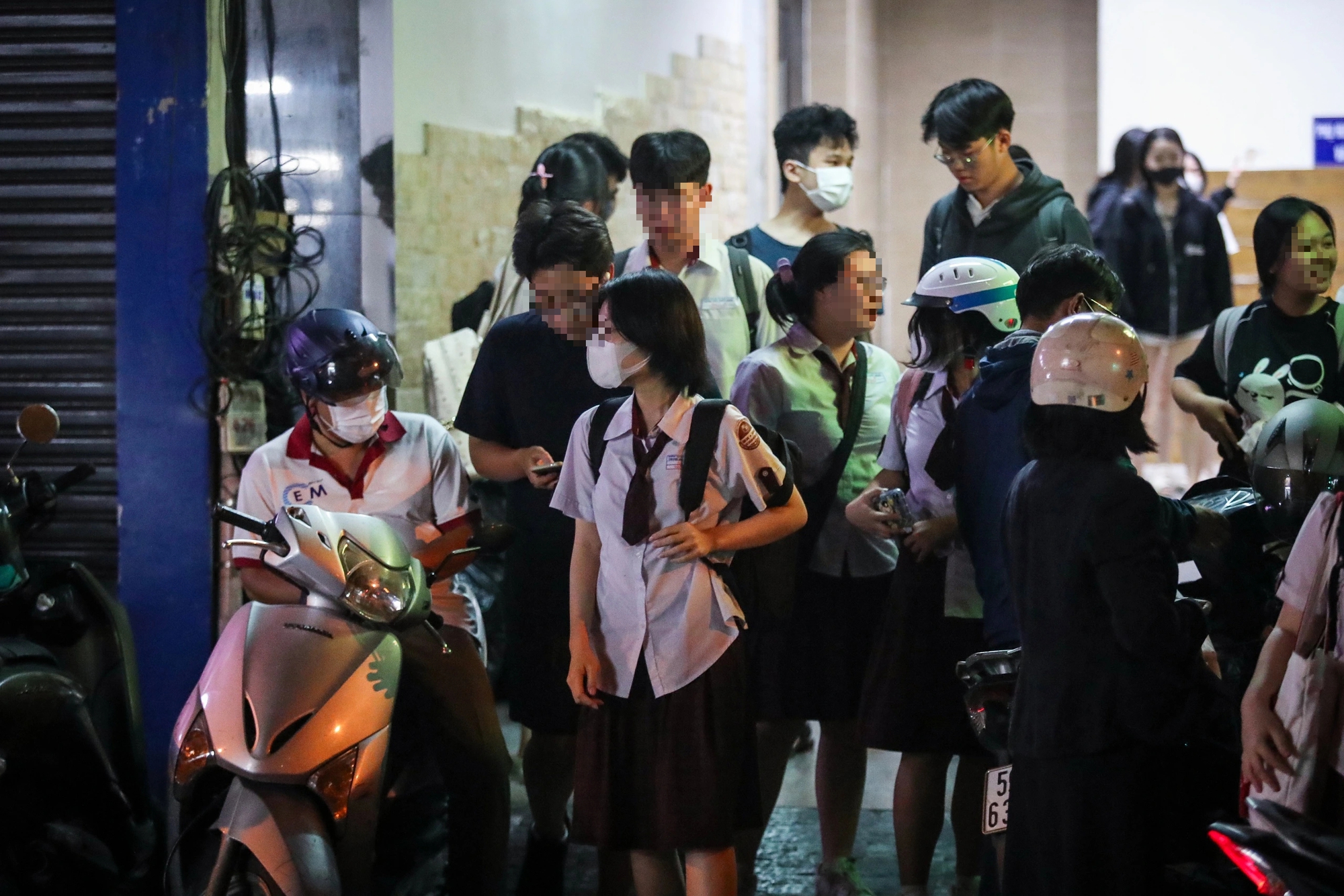
Students attend extra classes at an after-school cultural center in District 5, Ho Chi Minh City, on the evening of February 19th, a few days after Circular 29 on supplementary teaching and learning came into effect.
On another note, I've attended a few classes or overheard lectures by the teacher who received the "favor" of teaching those final-year classes, and the quality wasn't very good. Compared to that, I could teach much better, but I couldn't get a foothold because, as a "contract teacher," I had no standing or voice in the overall system of a teaching council where everyone was a permanent employee, always "reserving" the best opportunities for each other, not to mention competing and suppressing each other to get extra teaching positions.
I don't know how much the extra classes taught by the teachers have improved the students' knowledge in each exam. I only know one thing for sure: the exam results are generally positive. Even students with average grades manage to pass, with only a few failing. However, one thing that bothers me is that no one can differentiate whether those results are due to the extra classes or the regular classes, because the knowledge in each extra lesson is no different from the standard curriculum in regular classes, already established in textbooks, reference books, and answer keys. And almost every exam question doesn't go beyond that basic knowledge.
Where does the root of the problem of teachers giving extra lessons lie?
Therefore, upon receiving and reading the regulations prohibiting tutoring or requiring registration as a business or company if tutoring is permitted, I drew many conclusions from my reflections over several days.
That is, is this regulation the root of the problem or just the tip of the iceberg? Is the regulation intended to address the current situation where some teachers "use classroom knowledge to teach at home," "pressure students in every way to force them to take extra classes," or does it aim for an education that every parent desires for their children? An education that teaches how to be a good person, soft skills for coping with life, and ultimately teaches how to live, attitudes towards life, stimulates creativity, and equips them with knowledge in a way that enables them to support themselves and their families in the future, and to dedicate their efforts to serving society.
Source: https://thanhnien.vn/day-them-nhin-tu-goc-do-giao-vien-185250220183336431.htm










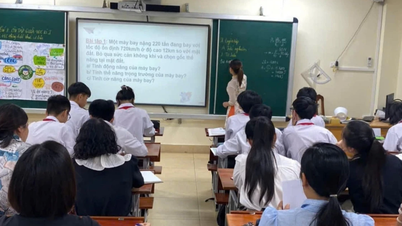
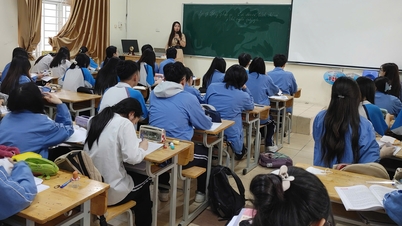

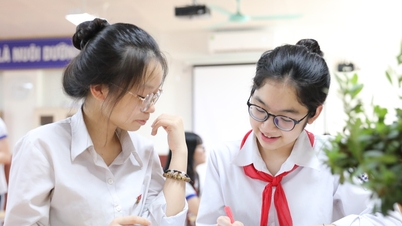

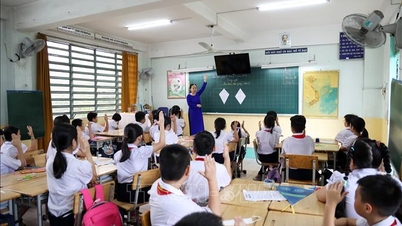

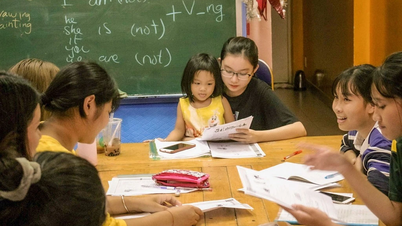





























































































Comment (0)